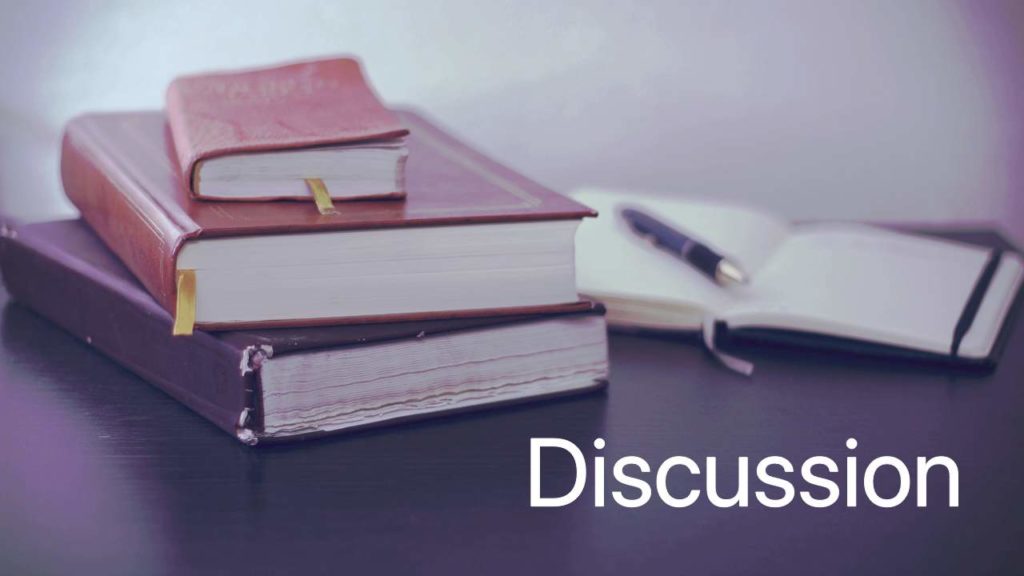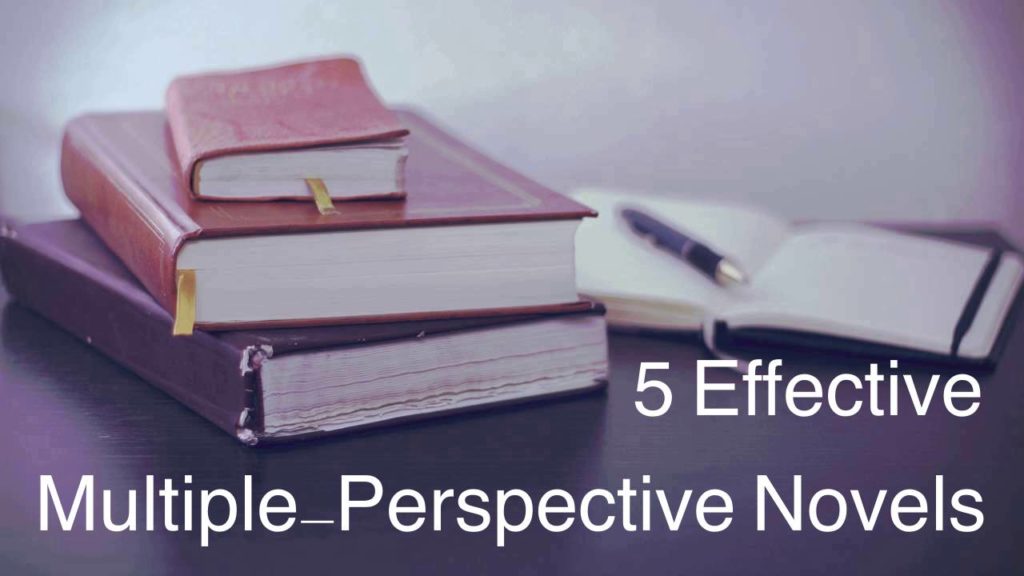Literary Links
An In-Depth Guide to Book Sizes Every once in a while I come across a book that isn’t a standard size. That difference may not seem important, but it can make shelving the book difficult if you want to put it in with, say, other books by the same author. Category: Publishing People Are Sharing […]



